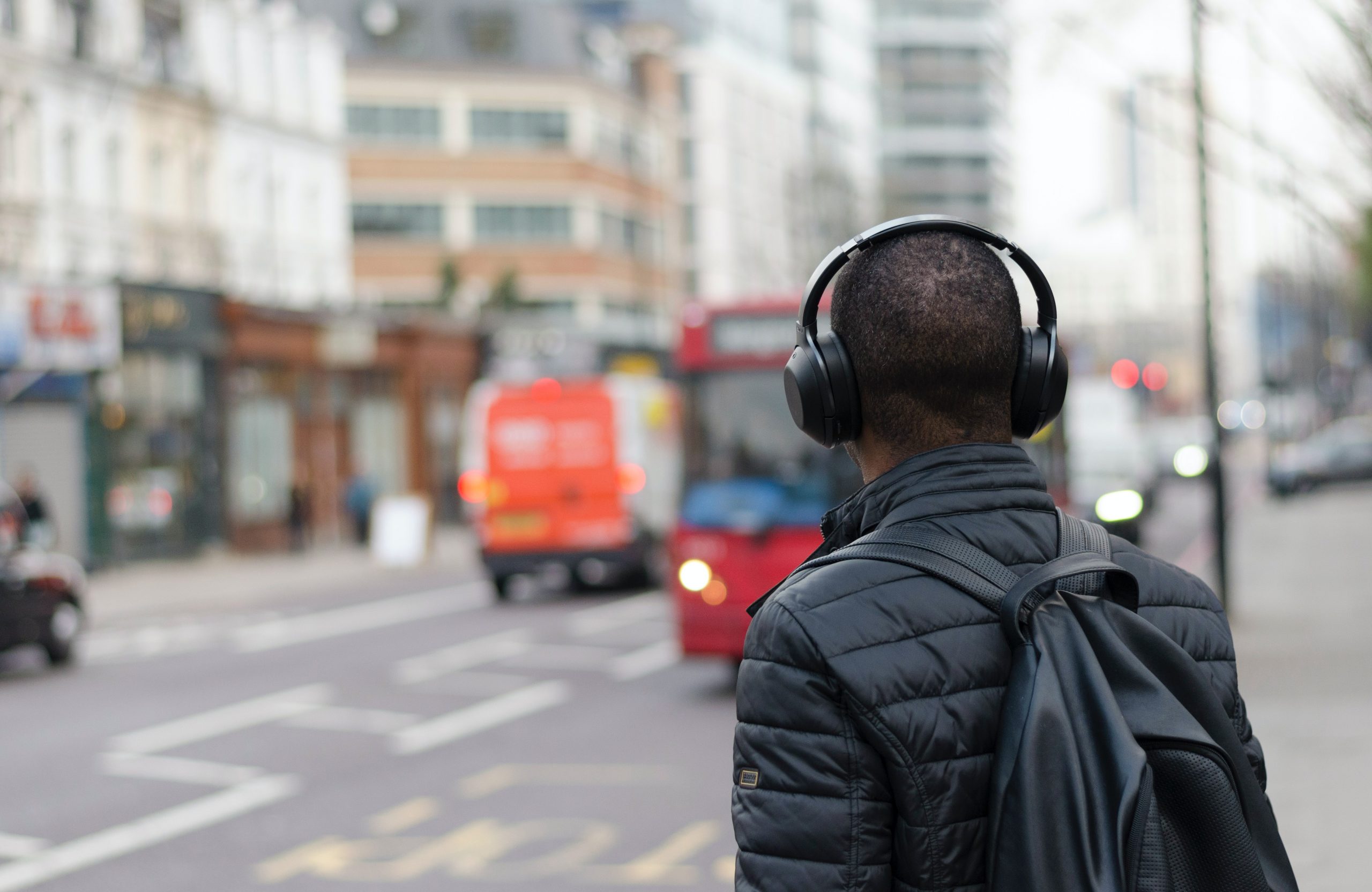NHS Trial Prescribing Music To Alzheimer’s Patients
Image credit: Henry Be
Recent research has found that playlists based on listeners backgrounds and tastes lowers heart rate, agitation, and distress.
Trials are underway at an NHS trust to see if an algorithm can curate music playlists to reduce the effects of Alzheimer’s patients as well as reduce stress for medical staff.
A recent test among people with dementia found an algorithm that “prescribes” songs based on the listeners’ backgrounds and tastes resulted in a reduction in heart rate of up to 22%. In some cases, it lowered agitation and distress.
This technology is also now being tested on the medical staff who worked in critical care during the height of the Covid-19 pandemic to see if it eases anxiety and stress. There are also plans to test it on recovering critical care patients, needle-phobic children, and outpatients coping with chronic pain, the aim is to lower opiate prescriptions.
Music is curated around the listener, so for example someone in their 90’s will be played big band music whilst a person in their 50’s would be played The Beatles or Stevie Wonder.
The algorithm, which is linked to a streaming service like Spotify, changes the music if the prescription doesn’t appear to be working. Its artificial intelligence system assesses the DNA of songs, examines 36 different qualities including tempo, timbre, key, time signatures, the amount of syncopation, and the lowest notes. According to Gary Jones, the chief executive of MediMusic, the company behind the software, said that these factors shape the listener’s heart rate and blood pressure response to the music.
The trial has been conducted on 25 people with Alzheimer’s aged from their 60’s, to their 90’s at the Lancashire NHS trust and has shown promising results.
Dr. Jacqueline Twamley, academic research and innovation manager commented: “There has been an up to 22% reduction in heart rates in these patients.” Adding: “Some people it doesn’t affect the heart rate at all, but you can see the effect in their facial expressions and in them tapping along. One patient burst out crying. He said the song brought back happy memories and they were happy tears.”
The algorithm is aware that some tracks can be upsetting too, and such will flag certain tracks for the user. The listener is also able to add their own red flags so that they don’t hear music that would be stressful or upsetting.
The technology aims to build on the research showing the effectiveness of music as a medicine and shows that music can be prescribed for a variety of mental health issues, particularly anxiety and depression within dementia patients.
